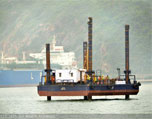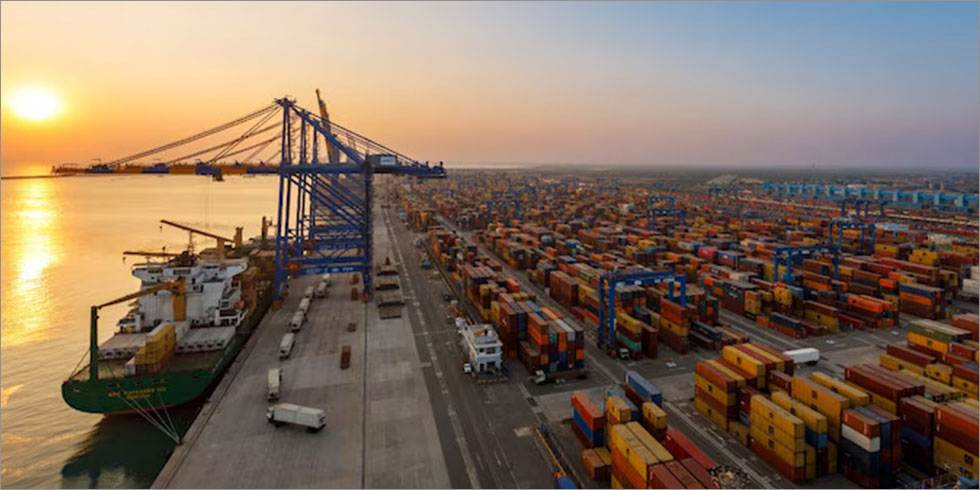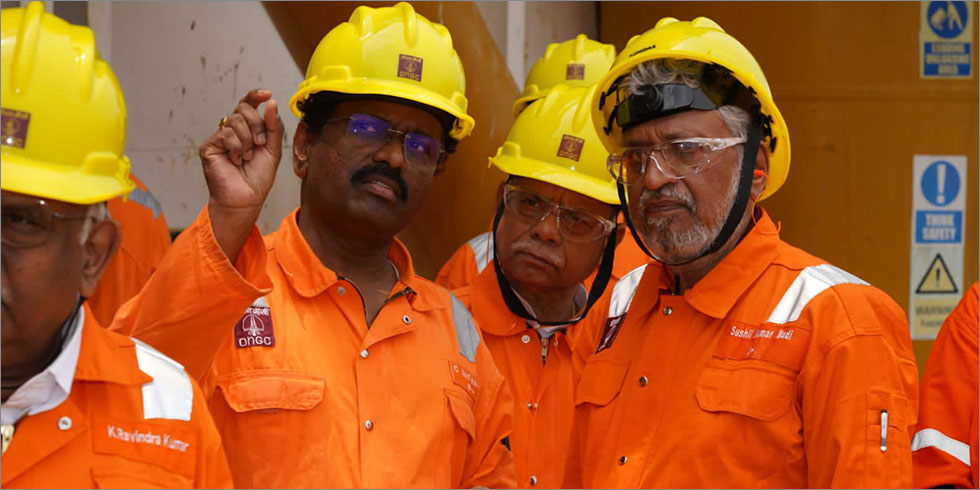GAILBSE 2.20 % is grappling with pricey imports of liquefied natural gas (LNG) and underutilisation of the company's assets, the two biggest challenges which are squeezing its profits and the inclination to invest, chairman and managing director BC Tripathi said.
The state-run company, which runs India's largest natural gas pipeline, has seen erosion of about 30% in its value this year while the broader market barely changed. A sharp decline in global oil and gas prices that began last year has messed up the maths at GAIL, which draws most of its revenue by selling and transporting gas across India.
"The biggest challenge is price of imported gas and sub-optimal utilisation of assets," said Tripathi. The company needs returns on the assets it has created over the years to service debt and make new investments.
"The challenge will be to service debt," he said. The company is saddled with a debt of Rs 10,000 crore. More debt will be added when GAIL goes to the market to raise about Rs 1,000-1,500 crore in 2016-17, mainly to fund the construction of the just-launched Jagdishpur-Haldia pipeline, the first leg of which is expected to cost about Rs 4,000 crore.
GAIL is caught in a contract which forces it to market gas imported from Qatar at a price that is almost double that of the spot, leading to lower offtake, hurting profitability that declined a third in the quarter to June. This expensive gas is imported from Qatar's RasGas by state-run Petronet LNG under a long-term contract that ensures prices do not fall in a hurry despite a crash in the global market.
India has appealed to Qatar to renegotiate the pricing formula, with no outcome as yet. But Tripathi said he was hopeful something positive may emerge "shortly".
Expensive gas has prompted many Indian industrial units to switch to fuel oil, a refinery product that is extremely polluting but offers significant cost advantage. This has further eroded demand for gas and therefore the prospects of transmission fee GAIL earns.
Tripathi said the commodity cycle may be closer to its bottom. "It's difficult to say but I believe that prices may start going up in a year or six months. Commodity prices can't stay at this level because suppliers cannot supply at these prices."
But falling prices have induced uncertainty at the firm. The company has been looking to acquire shale assets overseas but is unable to decide quickly on this. "The market is such that we are not able to take decision. There are a few opportunities but there has been no decision as yet," Tripathi said.
The company recently issued a tender for long-term hiring of at least nine LNG carriers with a condition that at least a third of those be built in India. "We have made all provisions for them to participate. We are hopeful (of a good participation)," Tripathi said, shrugging aside media reports that said L&T Shipyard may not participate in the process.
GAIL has reissued the tender after failing previously to attract foreign shipyards, which were averse to transferring technology.
Following the diplomatic initiatives, Korean shipbuilders Hyundai, Samsung and DaewooBSE 0.00 % have agreed to transfer technology and tied up with Indian shipyards L&T, Cochin, and Pipavav respectively, hoping to participate in GAIL's tender.
Costly LNG imports, asset underutilisation hit GAIL profits








Add Comment